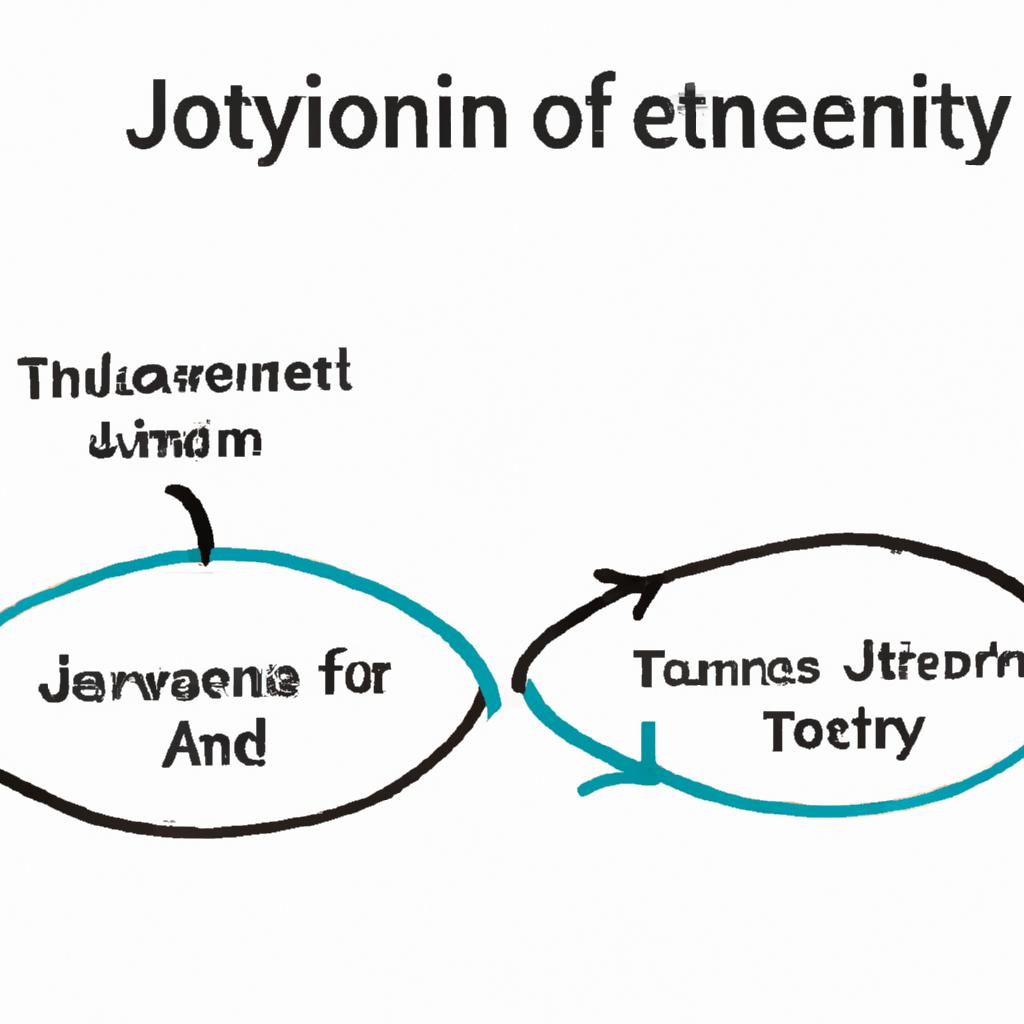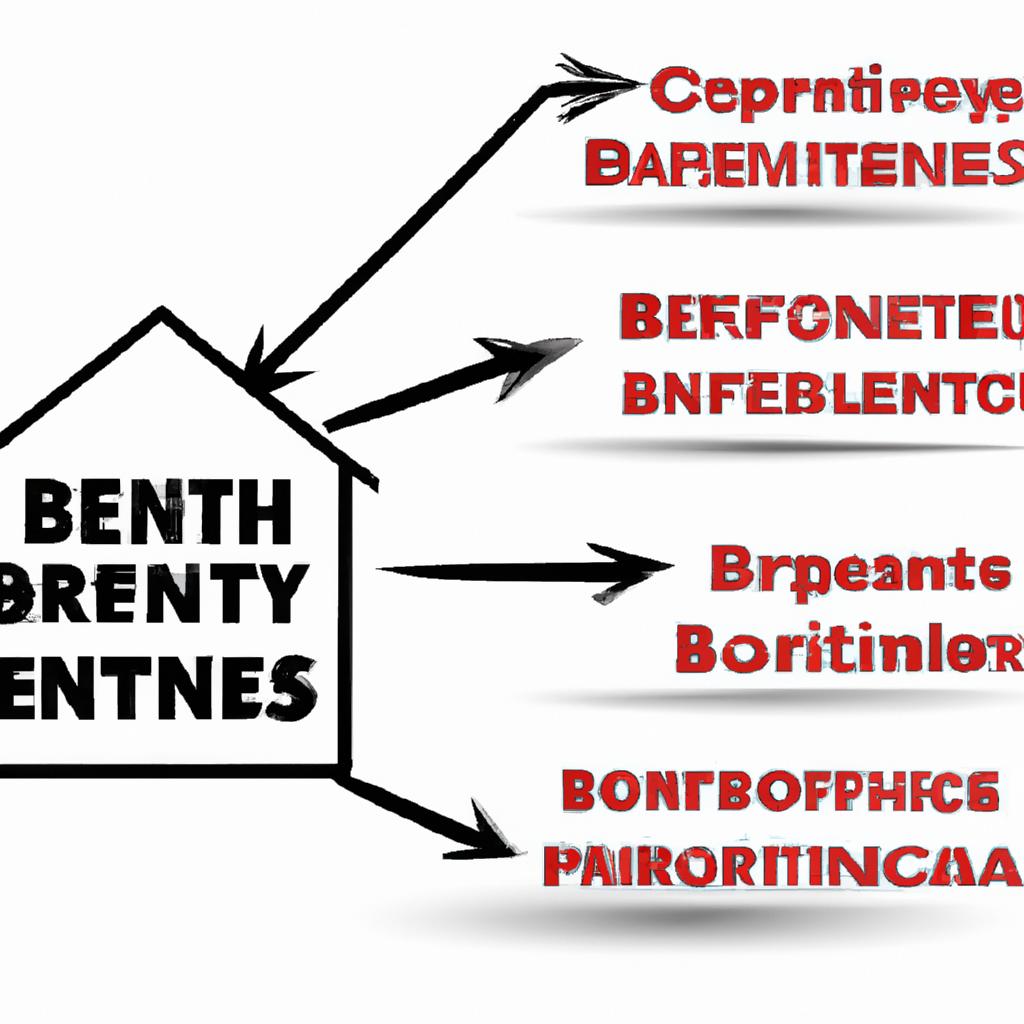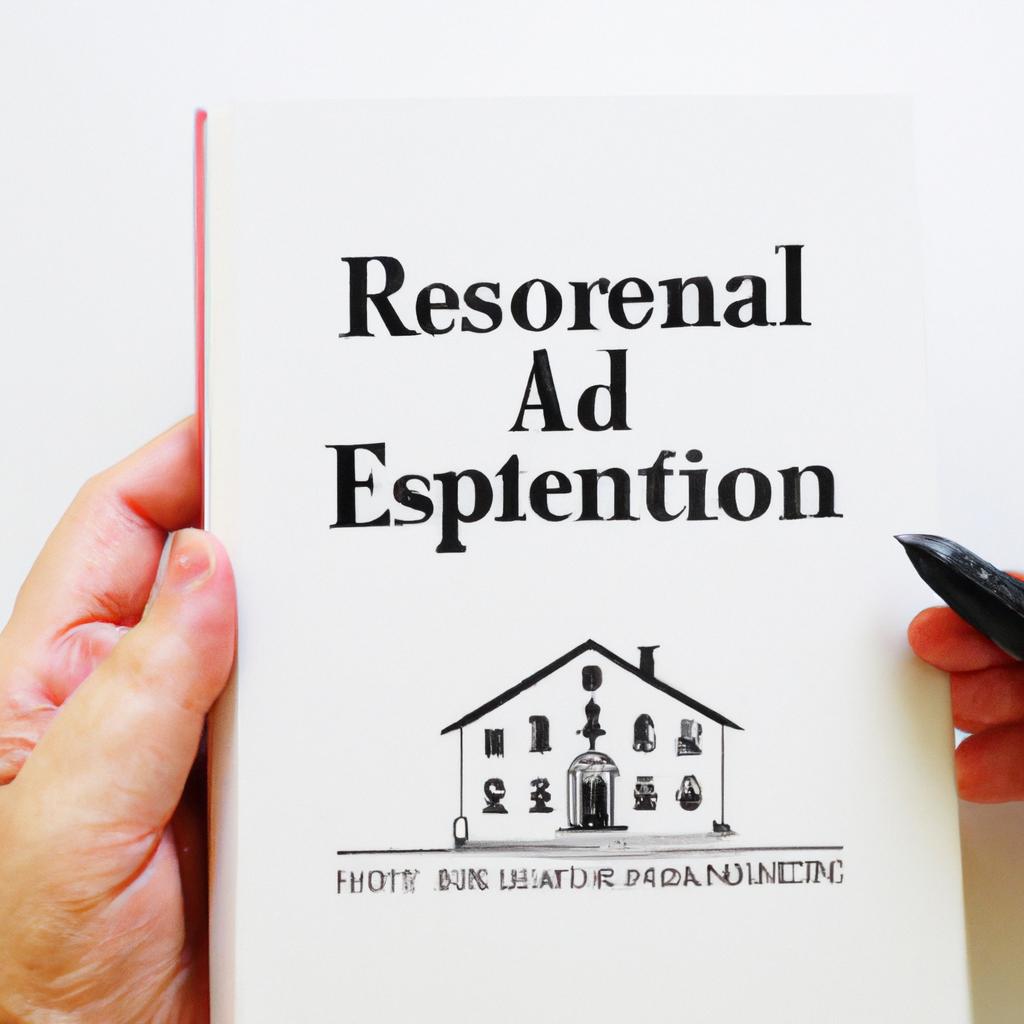In the realm of real property law, the concept of “owned in severalty” is a fundamental principle that carries significant implications for individuals and their property rights. As experienced practitioners in estate planning and property law, Morgan Legal Group understands the intricate nuances of this legal concept and its applications in practice. In this article, we delve into the complexities of owning property in severalty, exploring its definition, implications, and potential benefits for property owners. Join us as we navigate the legal landscape of property ownership with clarity and precision.
Understanding Owned in Severalty: A Comprehensive Overview
Owned in severalty is a term used in real estate law to describe a property ownership arrangement where an individual or entity owns a piece of land or real estate exclusively, without any co-owners. This type of ownership grants full control and authority over the property to the sole owner, allowing them to make decisions and execute actions without the need for consensus from other parties.
When a property is owned in severalty, the owner has the power to sell, lease, mortgage, or transfer the property as they see fit. This form of ownership provides clarity and simplicity in decision-making processes, as there is no need to consult or negotiate with other co-owners. However, it also places full responsibility on the sole owner for managing and maintaining the property.

Key Differences Between Owned in Severalty and Joint Tenancy
Owned in severally refers to when an individual owns a piece of property in their name alone. This means that the owner has complete control over the property and can make decisions about it without consulting anyone else. In this type of ownership, the individual has the power to sell, lease, or mortgage the property without needing permission from anyone else.
On the other hand, joint tenancy involves two or more individuals owning a property together, with each owner having an equal share. In joint tenancy, each owner has equal rights to the property, including the right of survivorship. This means that if one owner were to pass away, their share of the property would automatically transfer to the remaining owner(s) without having to go through probate.
:
- Ownership: In owned in severally, the property is owned by one individual, while in joint tenancy, the property is owned by two or more individuals.
- Control: The owner of a property owned in severally has complete control over the property, while in joint tenancy, decisions must be made jointly with the other owners.
- Survivorship: In owned in severally, there is no right of survivorship, meaning that the property would be transferred according to the individual’s will or state laws. In joint tenancy, the right of survivorship allows the property to pass directly to the surviving owner(s) upon the death of one owner.
- Transferability: The ownership interest in a property owned in severally can be transferred freely by the individual, while in joint tenancy, all owners must agree to transfer their ownership interest.

Benefits and Drawbacks of Holding Property Owned in Severalty
When it comes to the , there are a few key points to consider. One of the main benefits of owning property in severalty is the ease of decision-making. As the sole owner, you have complete control over the property and can make decisions without needing the approval of others.
- Benefits:
- Complete control over the property
- No need for approval from other owners
- Ability to transfer ownership easily
However, there are also drawbacks to holding property in severalty. One downside is the potential for financial risk. As the sole owner, you are solely responsible for any debts or liabilities associated with the property. Additionally, if you were to pass away without a will or trust in place, the property may be subject to probate, which can be a lengthy and expensive process.
- Drawbacks:
- Financial risk
- Potential for probate without proper estate planning

Recommendations for Optimal Estate Planning with Owned in Severalty Properties
When it comes to estate planning with owned in severalty properties, it is crucial to take certain recommendations into consideration in order to ensure optimal results. Here are some key points to keep in mind:
- Clarify Ownership: It is essential to clearly establish ownership of each property to avoid any confusion or disputes in the future.
- Consider Tax Implications: Understanding the tax implications of owning properties in severalty is crucial for effective estate planning.
- Plan for Succession: Developing a comprehensive succession plan for your properties will help ensure a smooth transition of ownership to your heirs.
Additionally, it is important to consult with a knowledgeable estate planning attorney who can provide personalized guidance based on your unique circumstances and goals. By following these recommendations and working with a professional, you can create a solid estate plan that protects your assets and secures the financial future of your loved ones.
Q&A
Q: What is ”owned in severalty”?
A: “Owned in severalty” refers to when an individual owns a piece of property by themselves, without any co-owners.
Q: How is “owned in severalty” different from joint tenancy or tenancy in common?
A: In joint tenancy, multiple individuals have equal ownership of a property and have a right of survivorship. In tenancy in common, multiple individuals can have unequal ownership of a property and do not have a right of survivorship.
Q: What are some advantages of owning property in severalty?
A: Owning property in severalty gives the owner sole control over the property’s management and decision-making. It also simplifies the transfer of ownership in case of the owner’s passing.
Q: Are there any disadvantages to owning property in severalty?
A: One disadvantage is that the owner bears all the risks and liabilities associated with the property alone. Additionally, it may be harder to secure financing for the property without a co-owner.
Q: Can “owned in severalty” be changed to joint tenancy or tenancy in common later on?
A: Yes, it is possible to change the form of ownership from severalty to joint tenancy or tenancy in common through legal processes like a quitclaim deed or a partition action.
Q: Are there any tax implications for owning property in severalty?
A: Yes, owning property in severalty may impact tax deductions and liabilities differently compared to joint ownership. It is recommended to consult with a tax professional for guidance on this matter.
Wrapping Up
In conclusion, the concept of “owned in severalty” allows individuals to have full control and ownership over their property without any shared interests or obligations with others. This form of ownership provides clarity and autonomy for the owner, enabling them to make decisions and manage their property as they see fit. Whether it be a single family home or a parcel of land, the ability to own property in severalty offers a sense of freedom and independence that is often cherished by many. So, next time you find yourself pondering the intricacies of property ownership, remember the unique advantages that “owned in severalty” can bring.
 Owned in Severalty: Understanding the Basics
Owned in Severalty: Understanding the Basics
In the world of real estate and property ownership, there are several terms that may seem unfamiliar to the average person. One of these terms is “owned in severalty”. While it may sound complex, this term simply refers to a type of property ownership where a single individual or entity owns the property outright, with no co-owners or joint interests.
In this article, we’ll delve deeper into the concept of “owned in severalty”, its implications, and its benefits.
What Does “Owned in Severalty” Mean?
To understand the concept of “owned in severalty”, we must first define severalty. This term refers to property ownership by a single person or entity. Alternatively, co-ownership is when two or more individuals or entities hold a joint interest in a property.
Therefore, “owned in severalty” simply means that a property is owned by one person or entity, without any co-owners. In other words, the owner has sole control and responsibility over the property.
For example, let’s say John purchases a home and is the sole owner of the property. He holds it in severalty, as he is the only person with legal rights to the property. This differs from a situation where John and his wife purchase the home together and have joint ownership, forming a co-ownership.
Types of Property Ownership: Severalty vs. Co-ownership
Now that we understand what “owned in severalty” means, let’s take a closer look at the different types of property ownership and how they compare.
1. Sole Ownership in Severalty
As mentioned earlier, sole ownership in severalty is when one individual or entity owns a property outright. In this case, the owner has complete control over the property and may do as they wish with it, within the bounds of local laws and regulations. They may also transfer ownership of the property to someone else without the input or consent of co-owners.
2. Joint Tenancy
Joint tenancy, also known as joint ownership, is when two or more individuals or entities own a property together. Each individual has an equal share of ownership and must act together in making decisions regarding the property. In case of the death of one owner, their share automatically passes on to the surviving owner(s).
3. Tenancy in Common
Tenancy in common is similar to joint tenancy, but with one key difference. In this type of co-ownership, each individual or entity may have unequal ownership shares. Additionally, each owner may transfer or sell their ownership interest without the consent of the others. In the event of death, the deceased owner’s share is passed on to their heirs rather than to the other co-owners.
4. Tenants by the Entirety
Tenants by the entirety is a type of joint ownership that is exclusively available to married couples. In this case, the property is viewed as a single entity owned by the couple, rather than two separate people. Similar to joint tenancy, if one spouse passes away, their share automatically passes on to the surviving spouse. This type of ownership also offers certain protections in case of debt or legal issues.
Benefits of Being Owned in Severalty
Now that we have a better understanding of what “owned in severalty” means and how it differs from co-ownership, let’s explore some of the benefits of this type of property ownership.
1. Full Control and Decision-Making Power
One of the main benefits of being owned in severalty is having full control and decision-making power over the property. The sole owner can make decisions about the property, such as renovations, without consulting and getting approval from co-owners. This can be a significant advantage for those who prefer to have complete autonomy over their personal space.
2. Easier Transfer of Ownership
Another benefit is the ease of transferring ownership. In severalty, the owner can freely sell, gift, or will the property to someone else, whereas in co-ownership, all parties must agree on the transfer. This can be particularly helpful in case of future financial difficulties or estate planning purposes.
3. Lower Risk of Conflict
Co-ownership can sometimes lead to disagreements and conflicts, especially when it comes to making decisions regarding the property. Being owned in severalty eliminates this risk, providing a sense of peace and stability for the sole owner.
In Conclusion
Owned in severalty is a term that may seem complicated at first, but it simply refers to sole ownership of a property. Understanding the different types of property ownership and their implications can help individuals make informed decisions when purchasing or inheriting a property. While there are benefits to being owned in severalty, it’s essential to carefully consider all options and consult with legal advisors for any significant decisions.

